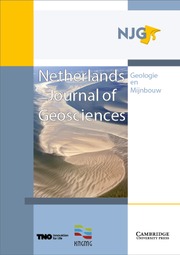Article contents
Value Analysis: Capturing Total Cost of Ownership reduction opportunities in E&P projects
Published online by Cambridge University Press: 01 April 2016
Abstract
Value Analysis is a powerful tool to increase the value of a capital investment project and to capture cost saving opportunities. It is a method conceived during WorldWar II and frequently used on infrastructure projects, especially in the USA.
The Value Analysis process typically consists of a well prepared 3 to 5 day workshop with focus on generating ideas to improve the current engineering concept. Emphasis is on screening all proposals in order to identify the most promising ideas. The workshop results in a number of proposals to modify the existing engineering concept.
Stork Engineers & Contractors have used the Value Analysis method on several projects as well as in proposals for Engineering, Procurement and Construction (EPC) projects in the Exploration and Production (EP) industry.
Typical results of Value Analysis led to a decrease of Total Cost of Ownership by some 10 to 30%. A well facilitated Value Analysis workshop also leads to mutual trust and understanding between the parties involved.
A key element in a Value Analysis is (re)definition of the proposed functionality of a project. This is done through challenging the existing technical concept by increasing this functionality or by meeting this functionality at a lower cost.
Keywords
- Type
- Conference papers
- Information
- Copyright
- Copyright © Stichting Netherlands Journal of Geosciences 2001
References
- 1
- Cited by


